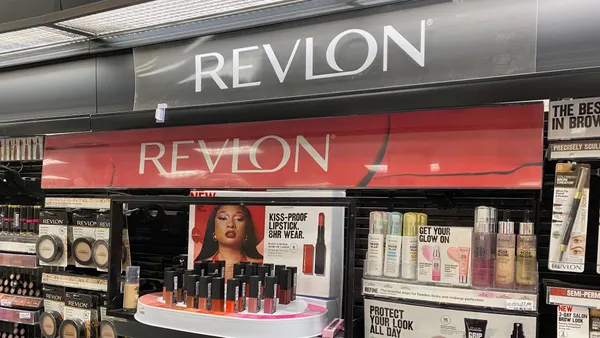Dive Brief:
- Bath & Body Works is enacting some changes with its return policy, all of which will go into effect Sept. 14, according to a company announcement.
- At select U.S. stores, customers will be limited to $250 in non-receipted returns or exchanges within a 90-day period. The company will use an electronic system to record, monitor, analyze and limit returns and exchanges. Customers will need to show a government-issued ID to track those returns and exchanges.
- “Bath & Body Works is committed to our longstanding 100% satisfaction guarantee and wants customers to love what they buy. Changes to the policy come after listening to feedback from Bath & Body Works associates and customers,” a company spokesperson said in a statement to Retail Dive.
Dive Insight:
Bath & Body Works is still offering customers a 100% satisfaction guarantee on products. But, the retailer is getting ready to set parameters on some returns.
The company states that customers can return “anything, anytime for any reason,” at its namesake or White Barn store banners and receive a full refund, but products are subject to the terms of its returns policy.
A widely known aspect of the company’s past return policy has been the ability for customers to return products that were mostly or completely used. However, in its updated policy the company will not allow the return or exchange of products that show excessive wear and tear. Whether a product shows excessive wear or tear or is returned new or gently used “will be determined by Bath & Body Works and White Barn in their sole discretion,” according to the company.
Additionally, a one-time price adjustment will be issued for in-store purchases when an original receipt is shown within 14 days after the purchase. Price adjustments will not be given to select promotions that last 48 hours or less, including the company’s flash sales or its popular “Candle Day” event.
Retailers have seen an increase in returns over the years, with the National Retail Federation stating that an estimated $761 billion in merchandise sold in 2021 was returned by consumers, which accounted for an average of 16.6% of retail sales.
That has led to a number of companies rethinking or updating their policies. Zara recently announced that U.K. customers would be charged a fee to return online purchases to third-party drop-off points. Other retailers are reportedly considering allowing customers to keep returns versus dealing with costly reverse logistics during a time of excess inventory and increased supply chain costs.















